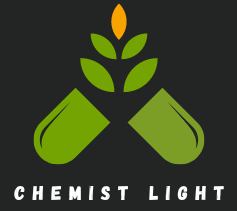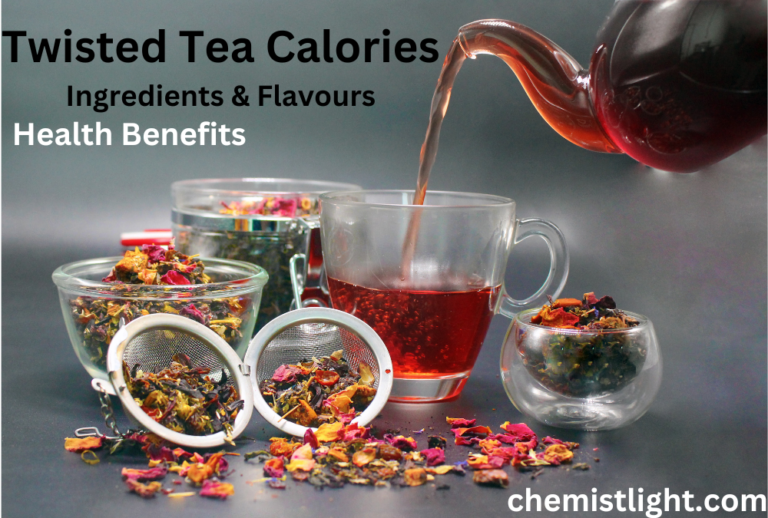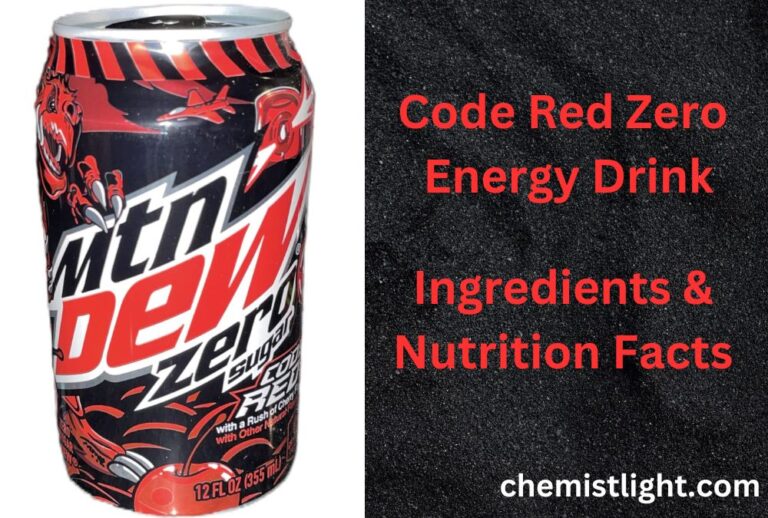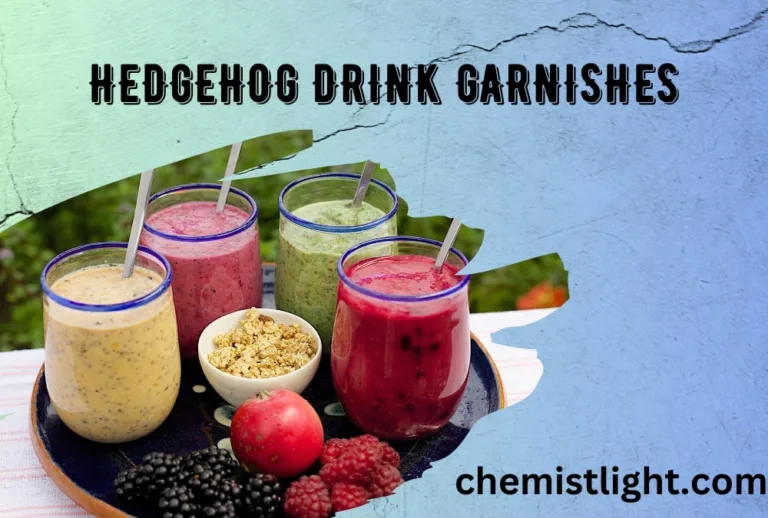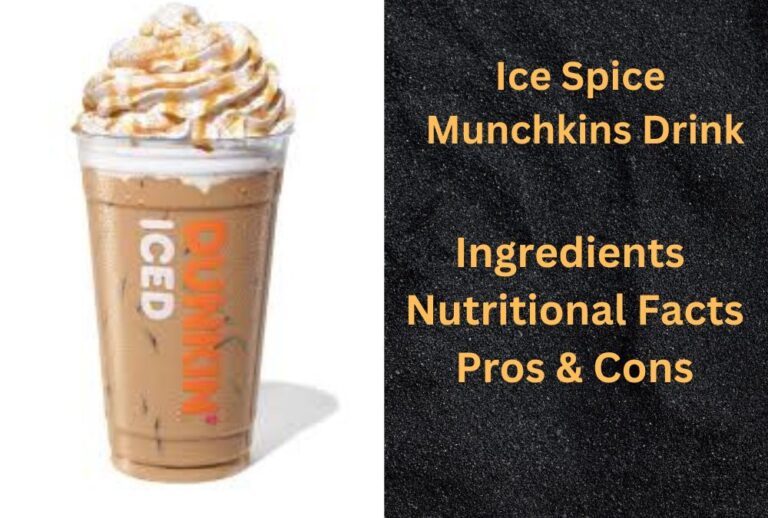why do energy drinks make me tired? Best Alternatives
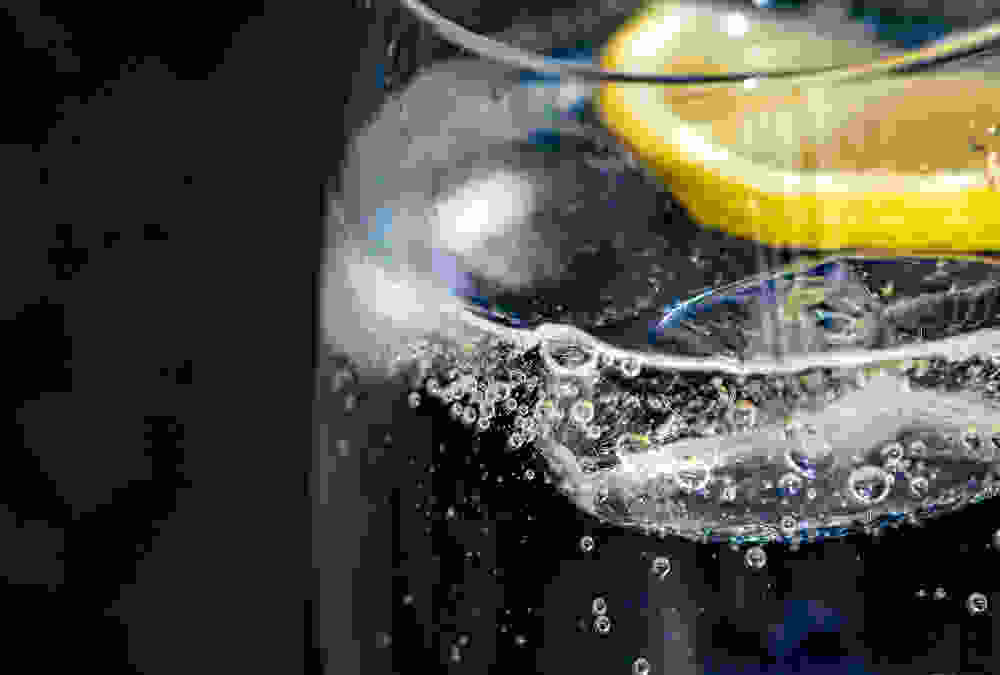
Energy drinks are consumed by many people who need to gain some energy to carry on with their day, resulting in tiredness. To comprehend why it happens, it is necessary to analyze the components of these products and the effects they produce in the human body. In the following section, we are going to discuss why energy drinks make me tired.
Ingredients in Energy Drinks
Energy drinks include a combination of ingredients to enhance the user’s energy level. The most common components include:
Caffeine
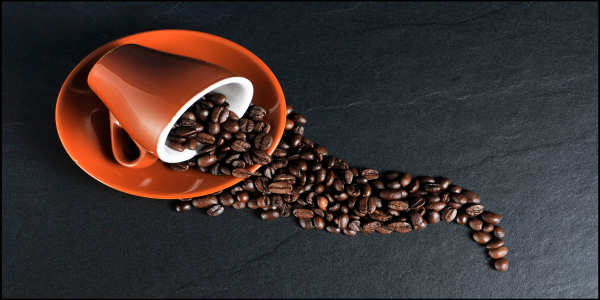
The two ingredients most significant to the drinks’ functions are the caffeine content. It works through an inhibition of adenosine, a neurotransmitter that has the effect of bringing about sleepiness. Adenosine is the chemical that causes bleary-eyed fatigue and since it was blocked you are more awake and alert. However, the use of large quantities is followed by a caffeine crash, which is a result of its wear-off. This crash occurs as the body seeks to counter the effect of caffeine resulting in the production of adenosine. In the absence of caffeine, the adenosine build-up can make you extremely tired when it is detected by the body.
Sugar
An average energy drink contains softened sugar thus making it give a quick energy boost. This is however a high that is usually matched by a low, that is, a crash in the blood sugar levels. This rapid drop creates a feeling of fatigue and sluggishness among the people. The endocrine system as a response to high sugar consumption injects insulin into the organism. Which in turn can cause the lowering of blood sugar levels to a point termed a ‘’sugar rush”’.
Other Ingredient
Some of the popular additions to energy drinks are taurine, B vitamins, and guarana. These can help in the generation of energy as in muscles. They do not have the required impact to respond to caffeine and sugar crashes. For example, taurine exerts its effects in controlling calcium in cells. Thus has no interference with the exhaustion induced by the remaining ingredients.
How Energy Drinks Can Lead to Fatigue
Caffeine and Sugar Crashes
Coffee and sweets give the person energy for a while but during the afternoon, the person feels sleepy again. This is because the body has reacted to the surge of stimulants that bombard the body from processed foods. After the caffeine has cleared your system, the extra adenosine makes you more than ready for bed than ever before. Likewise, fluctuations in the level of glucose, its sharp increase, and subsequent decrease result in fatigue.
Dehydration
Energy drinks can also cause dehydration, given the fact that they contain diuretics most of the time. The symptoms of dehydration include; weakness and poor concentration, which when accompanied by the consumption of such drinks make you more tired.
Adrenal Fatigue
Daily use of energy drinks has been found to cause what some people call “adrenal fatigue. ” This is a state where the body depends on the stimulant to function, and the normal energy-producing systems are affected. In the long run, this causes persons to build a tolerance for caffeine, with feelings of fatigue appreciated when the substance is not taken.
How much caffeine is in the energy drinks?
Consumer take energy drinks to boost their energy that contains caffeine but this differs from one drink to another. Below is the estimation of the quantity of caffeine present in these beverages.
General Caffeine Content
The amount of caffeine in most energy drinks ranges from 80 mg to 250 mg per can.
Depending on the type, an average 16-ounce energy drink contains approximately 210mg of caffeine which is equivalent to a similar served size of coffee.
Specific Examples
Red Bull (8. 4 oz): Has a moderate amount of caffeine which it has 80 mg of it.
- Monster Energy (16 oz): It usually has approximately 160 milligrams of the active ingredient: caffeine.
- Bang Energy (16 oz): Has a high level of 300 mg of caffeine. One of the highest in the market contains.
- Spike Energy (16 oz): They contain 350mg of caffeine, making this drink the coffee with the highest amount of caffeine.
- 5-hour Energy (1. 9 oz): Has 230 mg of caffeine compared to regular Folgers, but the amount is packed in a lesser cup size.
Summary of Caffeine Ranges
- Low Caffeine: Energy drink: 80 mg (e.g., Red Bull)
- Moderate Caffeine: 100-160 mg (e. g. , Monster, Jocko Go)
- High Caffeine: 200-350 mg (e.g., Bang, Spike)
What are the alternatives to energy drinks?
Many healthful products can effectively replace energy drinks because they give the same level of energy without the drawbacks of caffeine and extra sugar. Here are some of the best options
Coffee
This is why coffee is one of the most popular drinks not only in the morning but at any time of the day. This contains caffeine; therefore it can be used to boost the energy level as well as a level of alertness in people. In addition, the consumption of coffee has amounts of antioxidants, which have likely benefits on the ailments contributing to disease. It is perfectly warm and even as a cold beverage and can also be adjusted to different taste pallets.
Green Tea
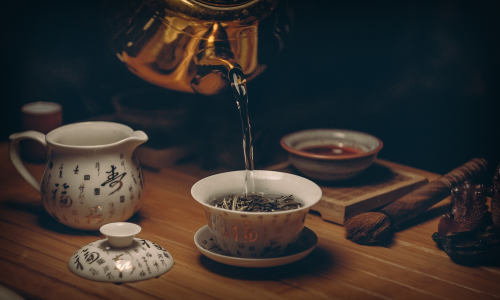
Compared to coffee, green tea has a moderate amount of caffeine. Loaded with micronutrients especially antioxidants, it can offer a steady stream of energy without the unfavorable side of causing nervousness. It is also believed to have numerous benefits to the consumer’s health such as helping the brain to function properly and assisting in weight loss processes.
Yerba Mate
This herbal tea is especially consumed in South America and it has compounds like theophylline and theobromine that are stimulants. It will be a win-win situation for consumers when they switch from energy drinks to Yerba Mate since besides improving mental focus and energy level, Yerba Mate contains antioxidants.
Kombucha
Kombucha is a beverage derived from tea that is undergoing a fermentation process, which contains high amounts of good bacteria. It can help to raise subtle energy and is good for the digestive system. These drinks have little caffeine and, therefore are perfect for resting, moreover, they can help with digestion.
Coconut Water
One of the benefits of coconut water is the presence of electrolytes which makes it very perfect to take after a workout. It has some natural sugars, however, it is very low in calories and gives a natural burst of energy without the somewhat unhealthy crash that comes after consuming energy drinks.
Fresh Juice
Squeezed juices especially fruits and vegetables are very rich in vitamins and minerals and hence should be taken in their fresh condition. They can give a quick fix and compared to sugary energy drinks, they are a much better option.
Protein Shake
Protein shakes are perfect as a snack that should be taken after workouts. These assist in the replacement of nutrients and tissues, contributing to long-lasting energy with no added caffeine as present in energy drinks.
Sparkling Water
Alternatively, sparkling water is also good and it has zero calories to add to the endorphin boost a person gains by taking water with bubbles. To add taste to it, a dasher of fruit juice can be used as this will not much affect the calorie or sugar content.
Matcha Tea
Matcha tea is made from green tea leaves ground to a fine powder, and this product is richer in caffeine as well as antioxidants than normal tea. While boosting energy levels, it is healthier and lasts longer than traditional energy drinks, which always cause jitter. Matcha Tea is helpful in weight loss.
Chia Seed Water
Chia seeds are also taken in water which can offer speedy hydration and lasting energy. It is packed with omega-3 fats and fiber which is very useful in sustaining energy in periods of activity.
Conclusion
It is seen from the equation that, although energy drinks offer consumers an initial burst of energy and mental wakefulness, the existing research reveals that individuals feel fatigued shortly after using the energy drink. Consuming products with caffeine and sugar together makes one have energy highs and experience energy lows which makes one more exhausted. Knowing these effects will assist in making better decisions on the regular intake of energy drinks and using other better options for a continued supply of energy. In selecting energy drinks preference should be given to low caffeine levels because different brands may contain different concentrations in a single serving size. With this knowledge of the different levels, the consumer will be in a better position when it comes to supervising their energy drink intake or controlling the amount of caffeine they take in their system.
